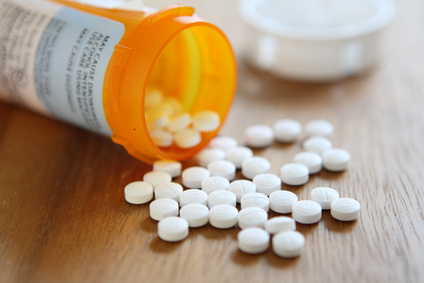The potent and fast endovenous platelet inhibition provided by Cangrelor reduces ischemic events early in the course of acute coronary syndrome. However, and despite mounting evidence, the drug is not reaching the clinical practice. This is a sub-analysis of the CHAMPION PHOENIX, which sought the timing, number and type of early events that could be…
Thrombotic and Bleeding Risk after TAVR: Quick Tips to Stay Up to Date
Transcatheter aortic valve replacement (TAVR) is an increasingly frequent option for patients with severe aortic stenosis across the entire risk spectrum. However, TAVR involves bleeding and thrombosis risk and therefore calls for an optimal adjuvant treatment. Any scheme is complex if we take into account most patients undergoing TAVR are generally elderly and have multiple…
European Consensus on Antithrombotic Management in TAVR
All the controlled randomized evidence recently published called for an updated document on antithrombotic management in transcatheter aortic valve replacement (TAVR). While thrombotic and hemorrhagic complications have diminished over time—as both the technique and the devices have been perfected—, they still remain as common adverse events in TAVR. Recommendations in the 2017 European Guidelines were…
Post TAVR Aspirin vs. Clopidogrel: Conflicting Findings and Guidelines
One month ago we shared a meta-analysis stating aspirin (ASA) as the best antiplatelet following TAVR vs. 3 to 6 dual antiplatelet therapy suggested by guidelines. At that time, guideline recommendations appeared obsolete. Several studies had started to support ASA monotherapy as the best antiaggregation scheme after TAVR. However, in the light of this new…
Major Bleeding in Patients with Aspirin Plus Rivaroxaban
The combination of coronary artery disease or peripheral vascular disease and a reason for anticoagulation, such as atrial fibrillation, results in many patients who receive antiplatelet therapy with aspirin plus anticoagulation with rivaroxaban, for example. It is a well-known fact that this combination (aspirin 100 mg per day plus rivaroxaban 2.5 mg twice per day) reduces cardiovascular…
Major Bleeding in Patients with Aspirin Plus Rivaroxaban
The combination of coronary artery disease or peripheral vascular disease and a reason for anticoagulation, such as atrial fibrillation, results in many patients who receive antiplatelet therapy with aspirin plus anticoagulation with rivaroxaban, for example. It is a well-known fact that this combination (aspirin 100 mg per day plus rivaroxaban 2.5 mg twice per day) reduces cardiovascular…
ACC 2019 | STOPDAPT-2: P2Y12 Monotherapy After Short-Term Dual Antiplatelet Therapy After Angioplasty
Aspirin is against the ropes: first, it was primary prevention; now, its use is being reconsidered even in relation to angioplasty. There might be paradigm changes as regards antiplatelet therapy after angioplasty. These two studies presented at the American College of Cardiology (ACC) 2019 Scientific Session can really change what we have been doing unquestioningly…
ACC 2019 | SMART-CHOICE: Aspirin Increasingly “Against the Ropes”
This work (presented during the same American College of Cardiology [ACC] 2019 Scientific Session as the STOPDAPT-2 trial) enrolled 2993 patients who underwent angioplasty with current-generation stents Xience, Promus, Synergy, or Orsiro at 33 Korean sites. Patients were randomized to 12 months of dual antiplatelet therapy or dropping aspirin at 3 months. There was no difference between the short-…






